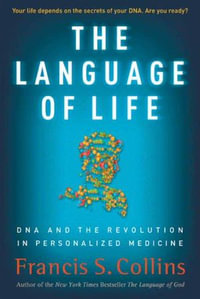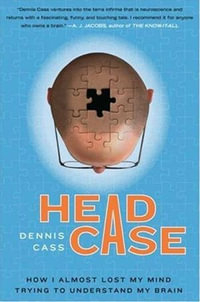Genetic engineering is a broad term referring to manipulation of an organisms nucleic acid. Organisms whose genes have been artificially altered for a desired affect is of ten called genetically modified organism. Recombinant DNA technology is technology that is used to cut a known DNA sequence from one organism and introduce it into another organism thereby altering the genotype of the recipient. The process of introducing the foreign gene into another organism is also called cloning. Sometimes these two terms are used synonymously. The sum total of all genes in an organism makes up its genome. Genes are the segment of nucleic acids that code for a specific polypeptide. Genes are made up of nucleotide sequences where a combination of three nucleotides code f or one amino acid. Genes are transcribed into mRNA that are hen translated into polypeptide sequences. The regulation of genes is achieved by operand. Chromosomal DNA is not the only genetic material, some bacteria posses extra chromosomal genetic elements called plasmids. Plasmid are not necessary for survival but may confer some advantage to the cell harboring it. Plasmids are circular DNA molecules that can replicate independently. Plasmids contain the requisite genetic machinery, such as replication origin, which permits their autonomous propagation in a bacterial host or in yeast. A bacterial cell may possess single or multiple copies of the same plasmid. Some plasmids are present in one or a few copies per cell and replicate once per cell division as does the bacterial chromosome; their replication is said to be under stringent control. The volumes have been designed for university students and teachers dealing with genetics, molecular biology, genetic engineering and biochemistry.

























